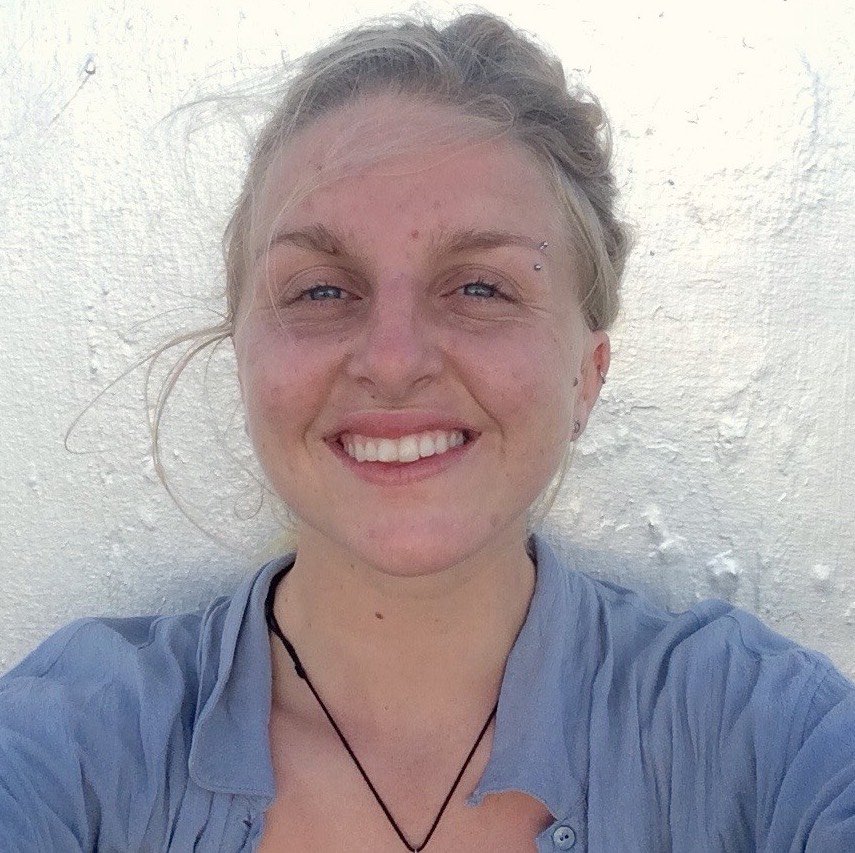Greece Charges Founder of Immigrant Rescue Group With Human Trafficking
Greece has charged members of a migrant rescue group with human trafficking in an effort to crack down on the organization’s aid to refugees crossing the Aegean Sea.
At least four humanitarian workers and members of a nonprofit migrant rescue group are detained in Greek jails on charges of espionage, trafficking and criminal enterprise.
Three members of the nonprofit Emergency Response Centre International (ERCI) were first arrested by Greek police in August when the authorities declared that their members had systematically facilitated illegal trafficking of persons across the Aegean Sea and onto the island of Lesvos.
The founder of the group, Panos G. Moraitis, was recently arrested after publicly defending his team in an interview with local media channel Lesvosnews.gr.
Moraitis, a maritime security specialist, turned himself into the police on September 26.
“Things have taken a quick, abrupt turn to the worse, without any obvious reason,” said Vasilis Spirou, Mr. Moraitis’s lawyer.
Syrian refugee Sarah Mardini was among the first arrested from the ERCI. Mardini was resettled in Germany after making the treacherous journey across the Aegean Sea in 2015 to seek European asylum. Mardini’s sister, Yusra, swam in the 2016 Olympics in Rio de Janeiro as a member of the refugee team.

Sarah Mardini and her sister, Yusra, receive an award at the 2016 Bambi awards in Berlin. Photo provided by Sabine Brauer Photos/Dominik Beckmann for Hubert Burda Media.
Mardini, 23, is detained in a jail outside of Athens, according to her lawyer Haris Petsikos.
Arrested alongside Mardini was Irish volunteer Seán Binder and Greek local Nassos Karakitsos.
Greece Pinpoints ERCI Donations in Human Trafficking Charges
ERCI has several facets of aide work, including a search and rescue division which Karakitsos led prior to his arrest. In order to predict where migrant boats would land or to assist those which capsized, the group tracked the location of rafts and listened to Coast Guard radio communication.
ERCI, a non-profit operates dependent on donations, and it is the use of this financial support that authorities centered the charges for criminal enterprise.
“We’re not guilty,” Moraitis told NPR prior to his arrest. “The organization followed every rule that was asked and every Greek rule and European rule and best practices and code of conduct.”
Concerned family members and fellow humanitarian workers have organized several demonstrations to campaign for the ERCI members’ release as they await trial. Rallies will be held in Dublin, London, Berlin, and Stockholm on October 20.
Criminalizing Humanitarian Work to Stop the Flow of Refugees
The battle over refugee issues in Europe has led to the criminalization of humanitarian work near the European borders, resulting in several court cases in Greece.
In March, three Spanish firefighters were acquitted from trafficking charges placed against them in 2016.
There is an ongoing investigation of 30 humanitarian workers including the detained, six of whom are Greek and 24 of whom are foreigners. It is not clear how many of these individuals work with ERCI.







